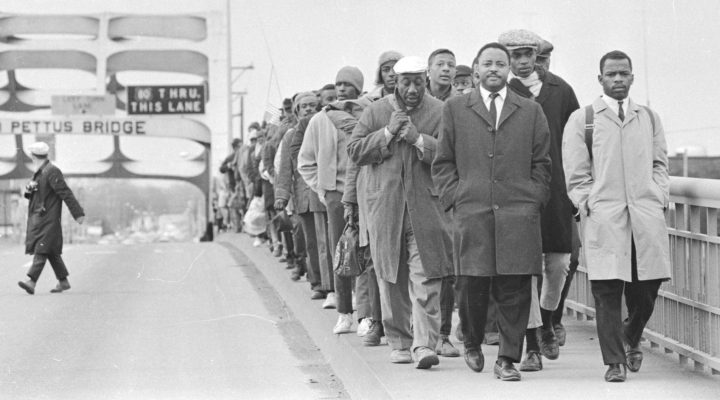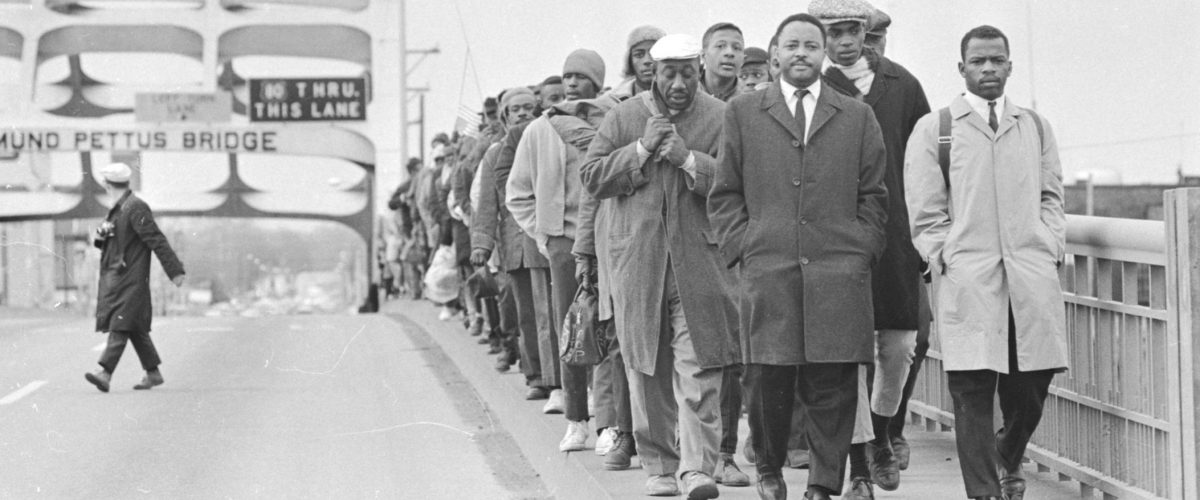Some Americans may not know the name of John Perkins. He is not only a Civil Rights legend but also a longstanding public servant to the city of Jackson, Miss. Even at age 93, Perkins continues to live the message he preaches every day.
He does so in one of the hardest parts of Jackson, known for its high crime rates and widespread poverty.
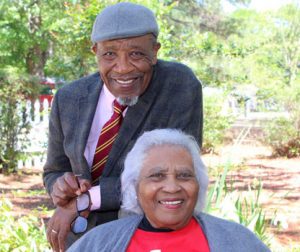
John and Vera Mae Perkins
John and his wife, Vera Mae, moved to Mississippi from California in 1960. In Mendenhall, Miss., they helped start a day care center, youth program, church, cooperative farm, thrift store, housing repair ministry, health center and adult education program.
They also were leaders in the Civil Rights Movement, with marches and community action. Their children were some of the first students to integrate their local schools.
John was brutally beaten by law enforcement and later imprisoned after he attempted to free Black college students from Tougaloo College and Jackson State University who had been jailed for freedom marching.
In 1983, the couple created a foundation that encompasses multiple programs to strengthen the community of Jackson, Miss. That includes an online Bible study that has featured nationally known speakers from Rick Warren to Jemar Tisby to Tony Evans.
The foundation also has created educational partnerships with eight universities and seminaries, beginning with Seattle Pacific University, where a center is named for him.
On a recent visit to the Perkins Center in Jackson, his daughters were setting up for the many community events that take place there, and Perkins himself showed no sign of slowing down. As he greeted me, his handshake and eye contact conveyed the same focus that surely sustained him during the height of the Civil Rights struggle.
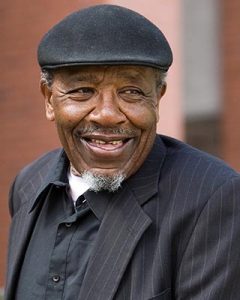
John Perkins
He remembers those days, but he wants people to know he found ultimate sustaining hope when he placed his faith in Jesus.
His conversion story begins with his son: “My son was invited to a children’s Bible club, which would end up in me accepting Jesus.”
Already a man of purpose and action, his life was turned around when he met Jesus, he said. “When I heard the gospel at 27 through my son, I was seeking out God.”
Since then, he has been a man on a mission. He is an advisor to influential leaders on racial peace in a divided world.
Being guided by God gives him hope even among the challenges of today, he said. “Don’t follow your heart, follow God. I see myself losing hope when I hold on too closely to my own opinion.”
He tells the story of the Civil Rights era with clarity as though it were yesterday. As he went down memory lane and recounted the history of events involving people like Rosa Parks, I realized that — although I’ve read accounts of these events — hearing him talk about them made them come alive in an inimitable way.
Hearing him tell the stories made me wonder whether future generations will take these stories to heart in a culture that seems set on stomping them out. These events could become distant and forgotten memories without people continuing to share their message.
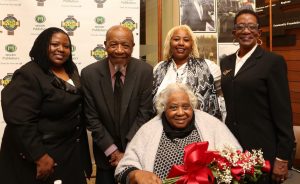
Priscilla Perkins, John Perkins, Vera Mae Perkins, Elizabeth Perkins, Deborah Perkins.
As Perkins spoke, I was struck by the nearness of events that laid an indelible mark on his heart. “I can remember my grandmother raising me and watching family members work the fields,” he said.
As the modern saying goes, he “has the receipts” to talk about the racial struggles of the past and present, giving him a platform to advocate for solutions.
His stories illustrate why solutions will be difficult to find if we continue to ignore America’s past racial sin.
The greatest solution, he said, is to truly follow God.
“We are to know God and make him known,” he declared, “to love and serve him more than anything else. We are to work at serving the poor and others.”
This is the common theme of his words today. “I’m trying to pour it all out of my life that truth is a multitude of actions that is lived out,” he said. “Leaders need to speak truth to power.”
Even though he was there with the other legendary names of the Civil Rights Movement, he doesn’t see himself as an icon. He’s not interested in status as much as in treating everyone with love.
“When I get to heaven, I want God to say, ‘Welcome son,’ and worship him.”

